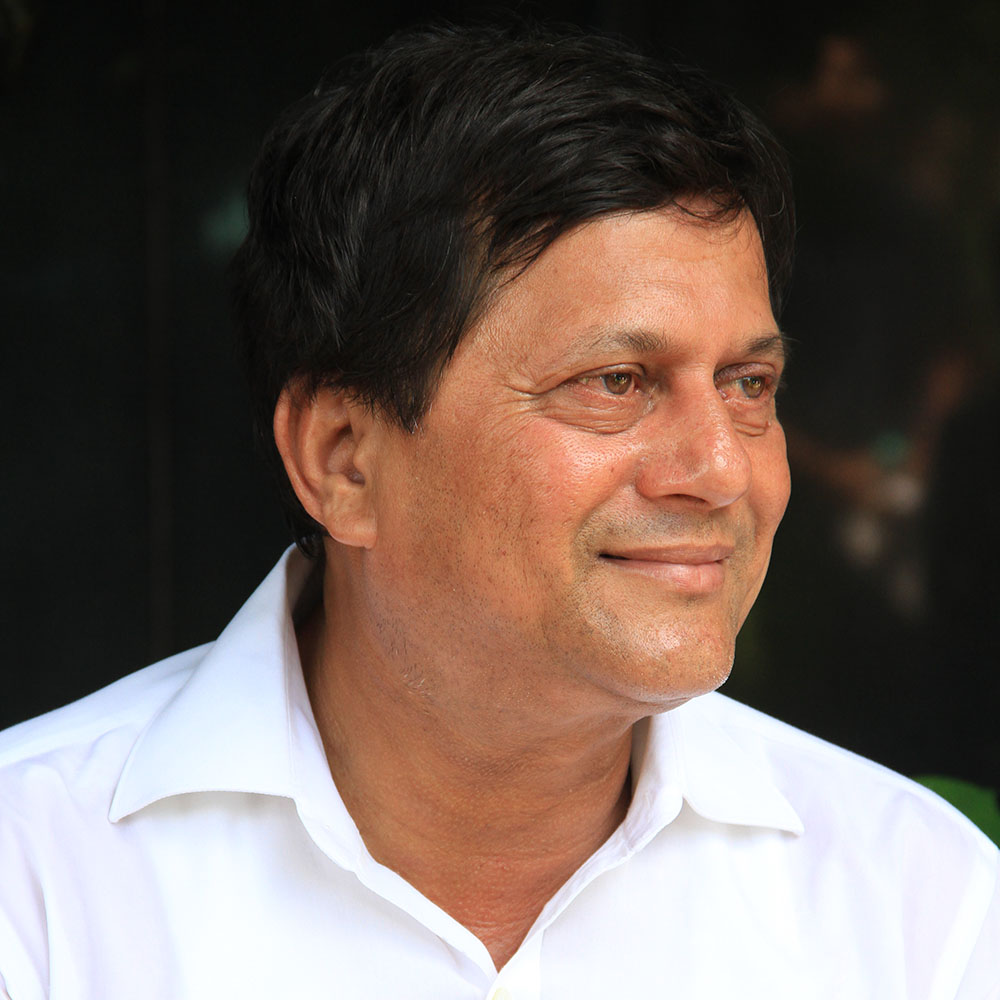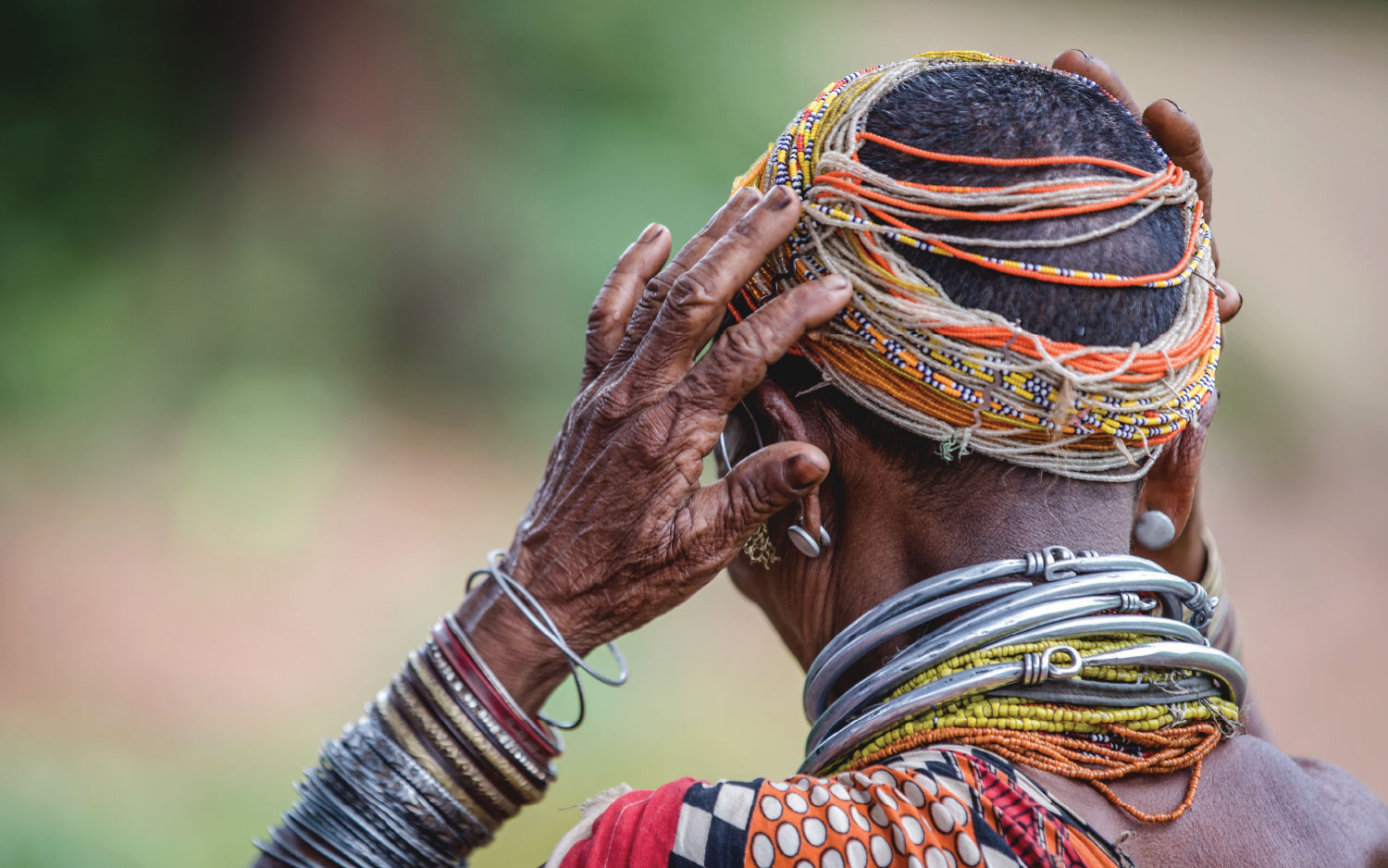
Inspiration – Why KISS
Transformative power of Education
9% of India’s population is tribal. Despite the constitutional promise of social justice, the tribal population in India live in deplorable conditions in the dense forests and remote hinterlands. In Odisha, over 22.8 percent of the population that is tribal live in utmost poverty with low literacy rates, rampant child marriage and superstition with no access to school and healthcare facilities. Poor infrastructure, teacher absenteeism, lack of toilets and pressure to handle siblings bedevils the education system in tribal areas in India and Odisha.
In such a scenario, Dr Achyuta Samanta came up with a groundbreaking revolutionary initiative with his strong passion & patience, called Kalinga Institute of Social Sciences (KISS) to empower tribal communities through education. Right from his poverty-stricken childhood to his struggle-filled youth and growth, he has worked towards arresting poverty & hunger, the two social ills that he faced from the age of five to twenty.
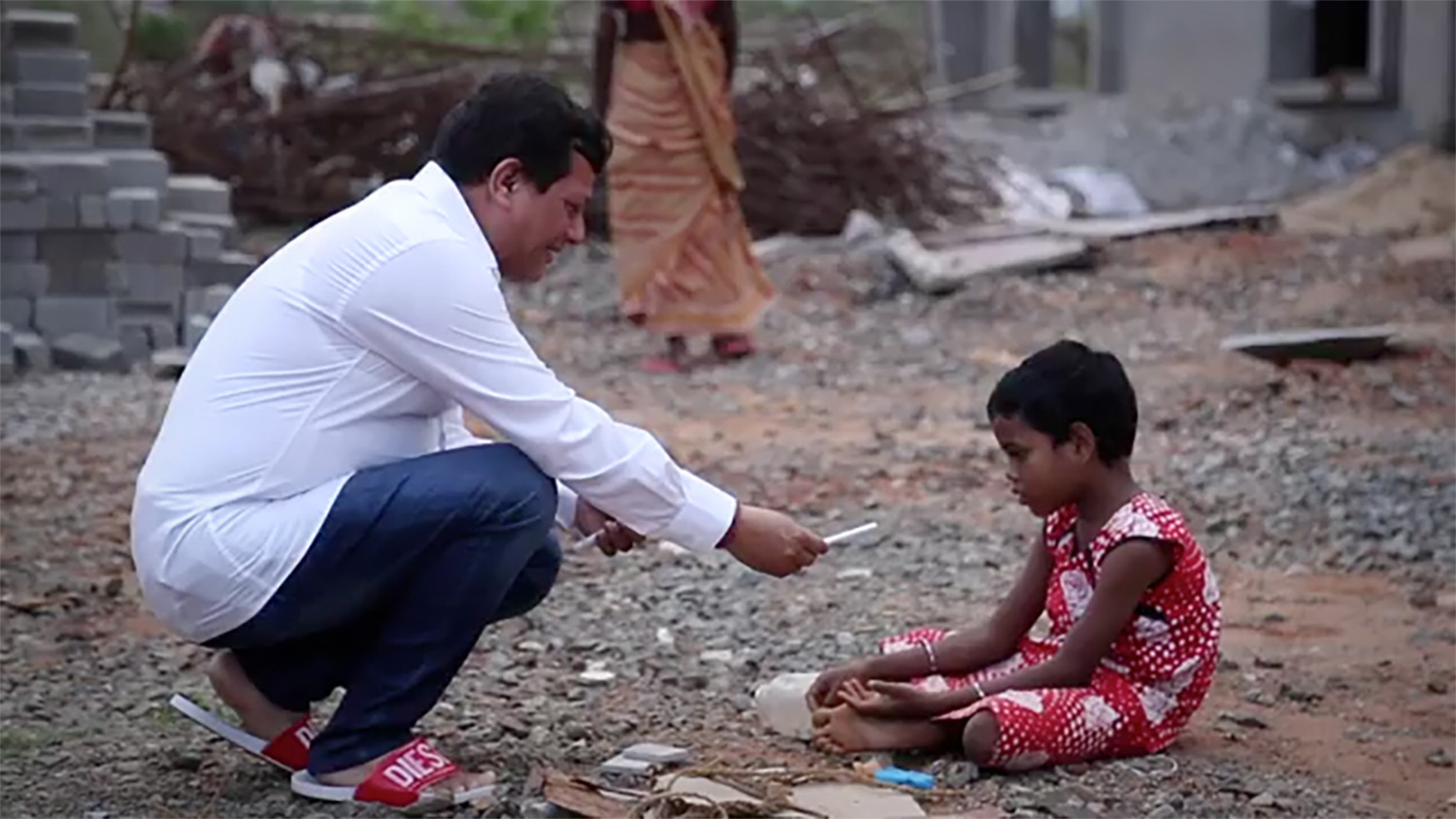
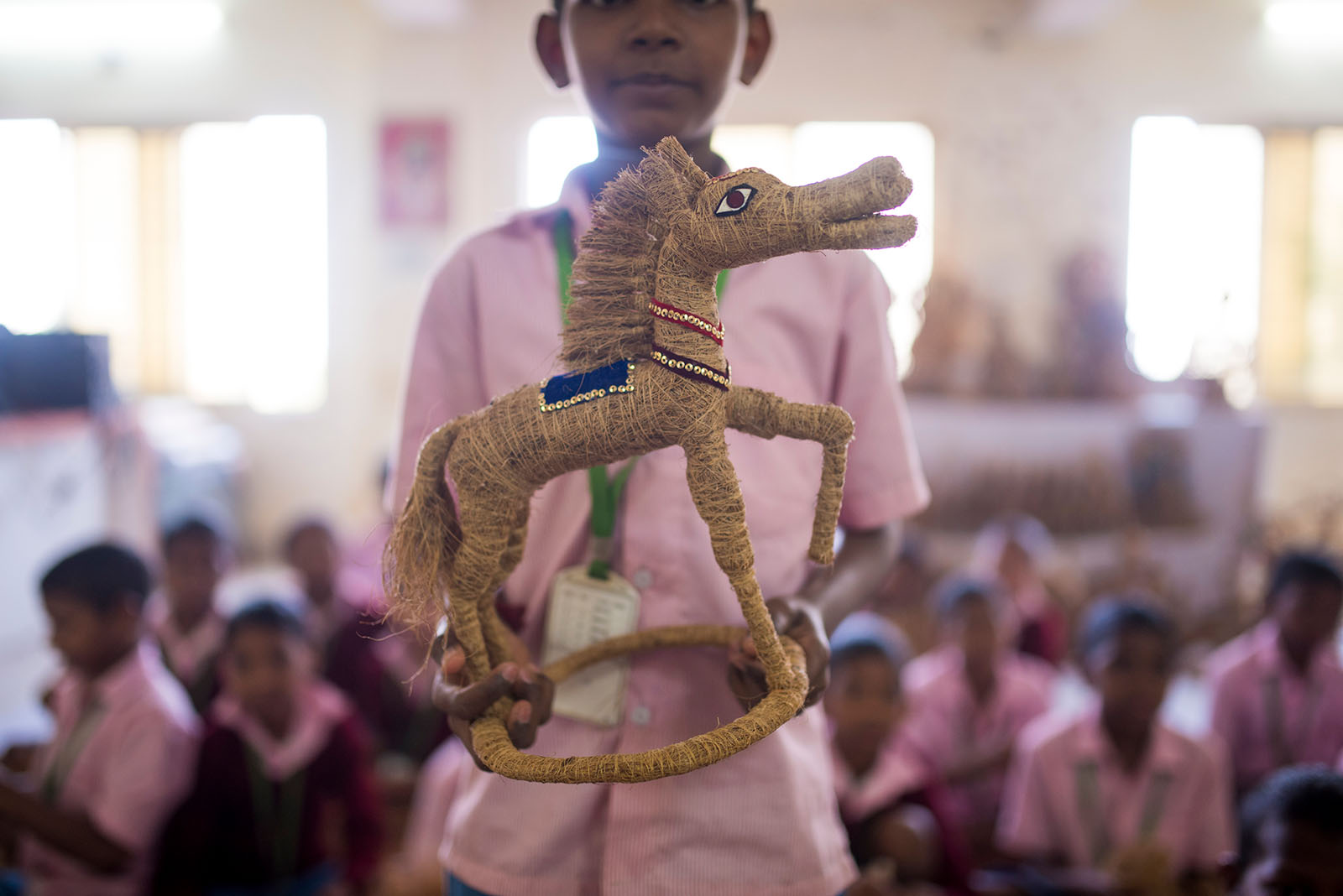
When he thought of establishing a self-financing institution, Kalinga Institute of Industrial Technology (KIIT), he also started implementing his dream, Kalinga Institute of Social Sciences (KISS) with an aim to give a smiling face to thousands of indigenous children. In 1992-93, India was just starting to integrate with the global economy and huge strides in the field of education were missing in Odisha let alone education for the tribal children. It was a gray area where the Government chose not to intervene except for the mere lip service and the private organizations could not muster up the courage to create waves of change. It was at that time, with limited or no finances, KISS was founded by him with a belief that Education can empower the people.
Starting was never easy. It had a lot of setbacks. The first ten years were very difficult for him and his team. The common man considered KISS’ initiative as intrusion. It continued overcoming all adversities as the thought process was based on two important pillars :
- Procedural – Free education from Kindergarten to Post Graduation and beyond in a fully residential campus
- Substantive – A unique financial model for sustainable functioning of KlSS, contributed by the stakeholders of KIIT, another institution founded by him
KISS started with 125 poor indigenous students in 1992-93 has now grown in scale and scope, caters to 80,000 indigenous children. The students come from 62 different tribal groups within the region, of which 13 are Particularly Vulnerable Tribal Groups (PVTGs). KISS proudly adheres to a 3E approach -Educate, Enable, Empower while ensuring that the model prioritizes indigenous control of education, to preserve the culture, heritage and traditions of India’s diverse tribal communities and fulfill the Sustainable Development Goals 2030 in its entirety and aims to reach to over 2 million directly in the next decade with a dedicated vision of no child should be deprived of education because of poverty.
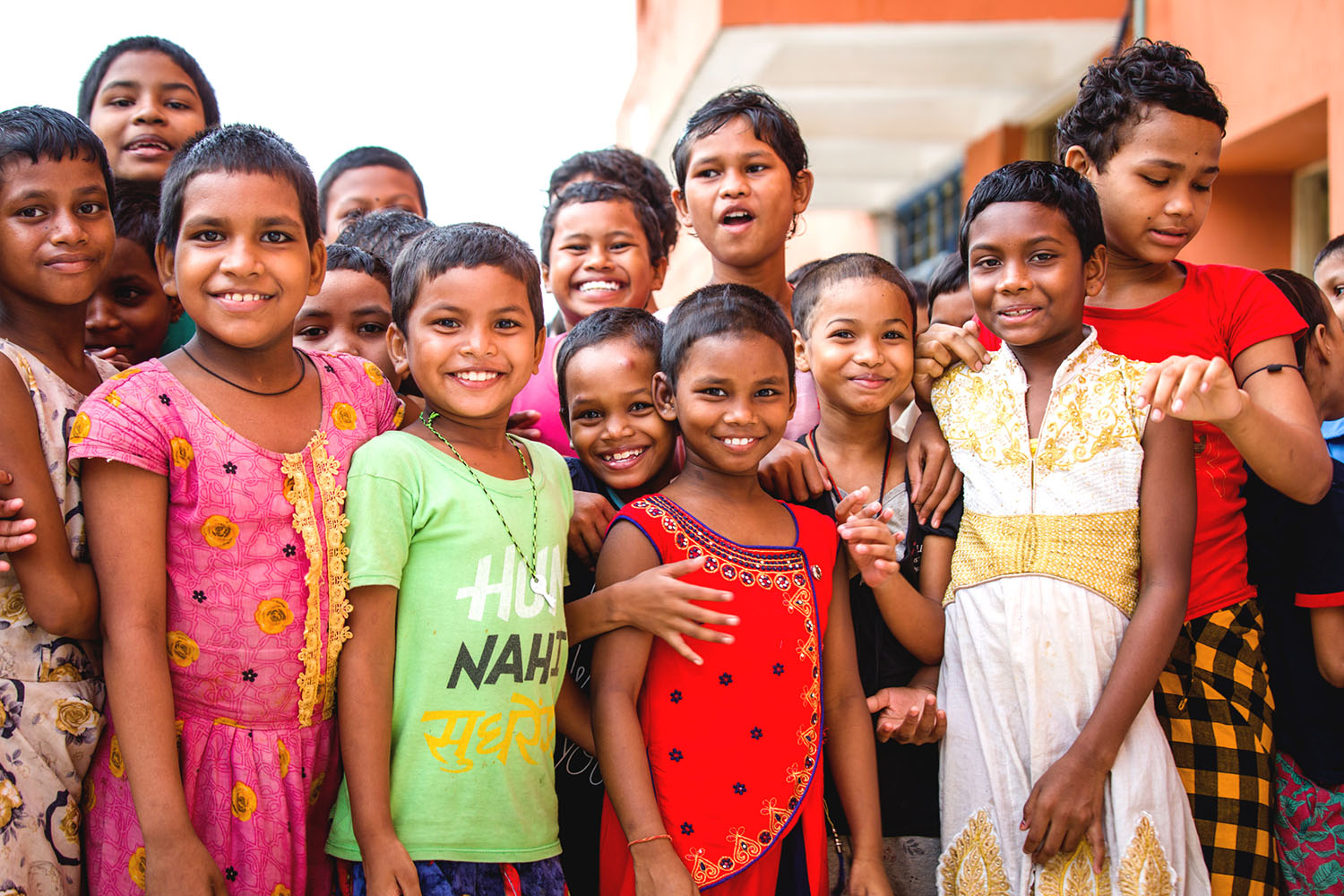
Odisha’s tribal population is spread throughout the 30 districts and making a center close to them in their districts was not possible. A centralized structure in the capital city with access to all resources was essential to become the nerve center of education for tribal boys and girls. Very few schools in the government and private operated solely for the tribal populace. But we decided on one principle that was adhered to, all throughout our function and operation, is to have indigenous control of education and always take pride in the tribal culture, art, dance, language, folklore and so on.
